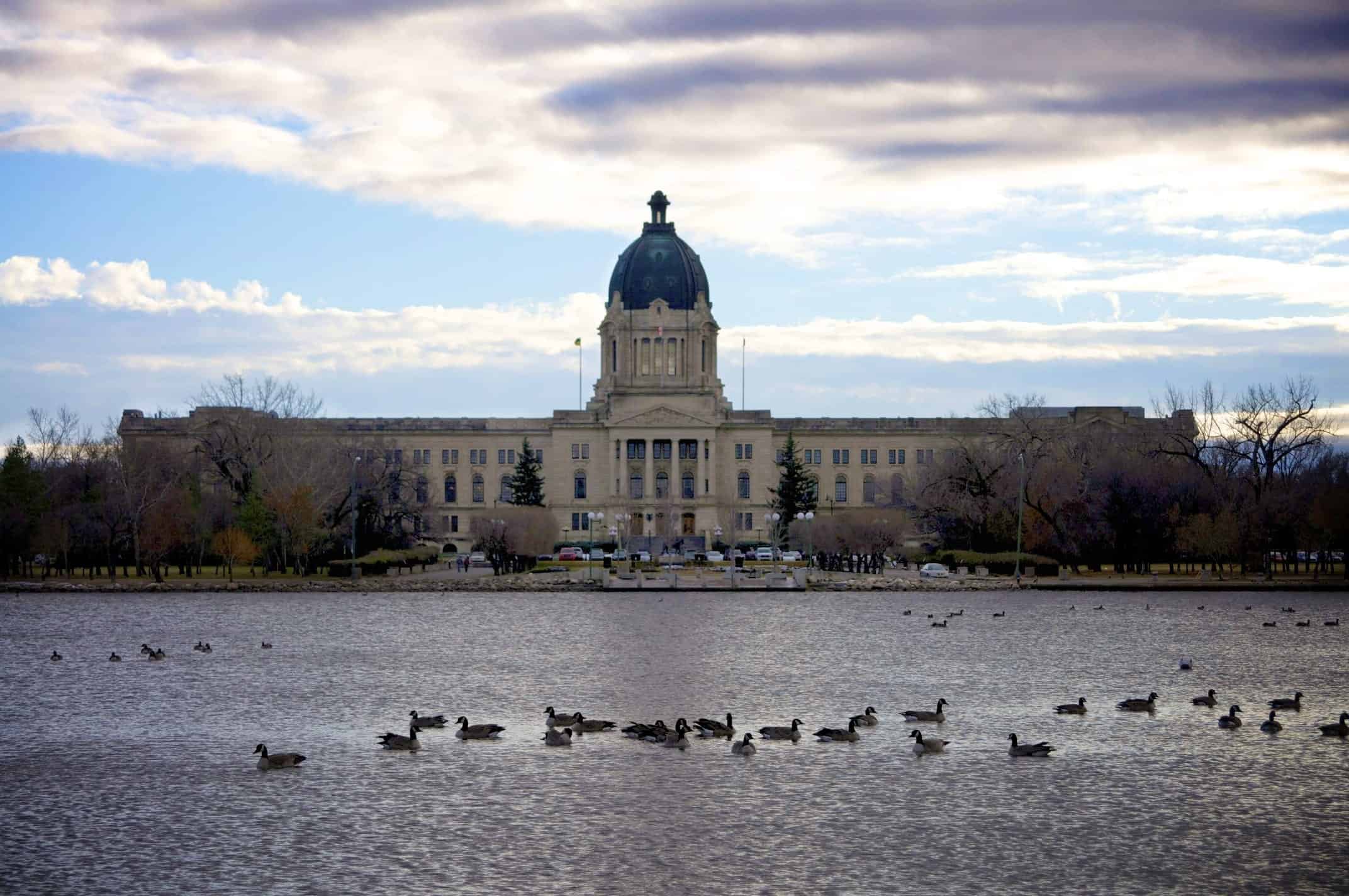Western Alienation

Trudeau winning the next election could mean another bout of East/West Canadian segregation
Article: John Murney – Contributor
[dropcaps round=”no”]“O[/dropcaps]h, East is East and West is West, and never the twain shall meet, till Earth and Sky stand presently at God’s great Judgment Seat.” – Rudyard Kipling
I don’t think Kipling had Canada in mind when he phrased this great quote, but it applies equally here. Canada is a land defined by its geography, among other things. And you don’t really get to appreciate this unless or until you live in Western Canada. I am a proud Western Canadian, born and raised. Five generations on both sides of my family have called Saskatchewan home. My perspective within Confederation is definitely from the Western hinterland, on the outside looking in toward Central Canada.
Western alienation has long been an underlying part of the political culture in this part of the world. It has flared up many times in the past. It first emerged during the Red River Uprising in 1870 and again at Batoche in 1885. This phenomenon last erupted in 2008 when then federal Liberal Leader Stephane Dion proposed a carbon tax for Canada. If Dion had become Prime Minister during the Parliamentary crisis of December 2008, we could have seen a full-fledged Western Separatist movement explode onto the national stage. The idea of having the Western provinces separate from the East was very popular at the time. The only thing that diffused it was when Prime Minister Harper suddenly prorogued Parliament. That break gave the Liberals enough time to replace Dion as Leader, and the threat of Western Separatism melted away overnight.
The prospect of new Liberal Leader Justin Trudeau winning the next federal election has the potential to resurrect Western alienation again with a vengeance. It was Justin’s famous father, former Prime Minister Pierre Trudeau, whose National Energy Program crippled the Alberta oil patch for a decade. The backlash against the NEP was immediate, with the rise of a serious Western Separatist party called Western Canada Concept. At its peak, the WCC won a provincial by-election in 1982 in rural southern Alberta. Then Premier Peter Lougheed was so alarmed by the WCC by-election victory that he called a snap provincial election. Lougheed’s Tories went on to win another landslide government, and the WCC was limited to 12 percent of the vote and won no seats. But Lougheed was so spooked by the prospect of an elected Western Separatist opposition that he felt forced to go to the polls early.
Since he was elected as federal Liberal Leader last year, Justin Trudeau hasn’t spent much time talking about policy. One of the reasons for this might be that as Prime Minister, he might introduce policies that would prove to be extremely unpopular among Western Canadians. Trudeau might even be planning to impose a carbon tax. In any case, if Trudeau the Younger becomes our next Prime Minister (and that is still a big if), we in the West will have to watch for signs of Western alienation in our part of the world.
[button style=”e.g. solid, border” size=”e.g. small, medium, big” link=”” target=””]Image: Emily Wright[/button]










